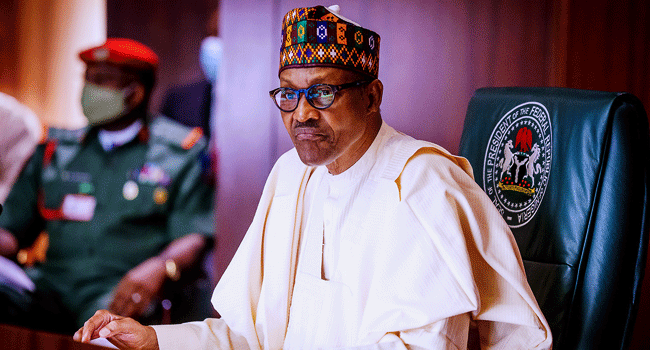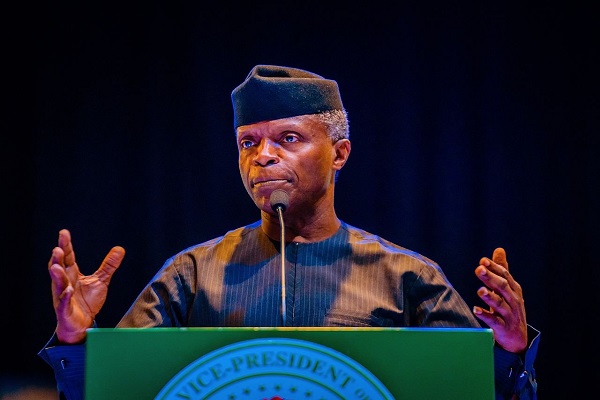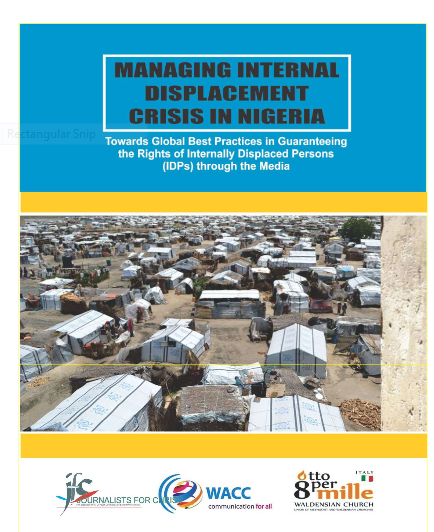Why Atiku seeks forensic examination of electoral materials
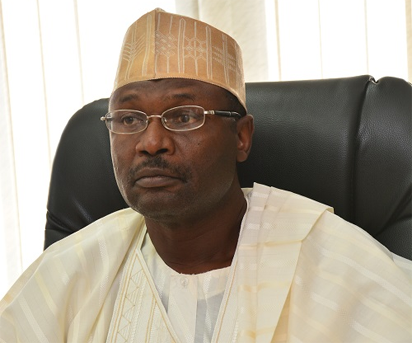
The Peoples Democratic Party (PDP’s) presidential candidate in February 23 elections, Alhaji Atiku Abubakar’s desire to upturn President Buhari’s victory may have suffered a significant setback. This is because the Court of Appeal, which is the tribunal for the presidential elections dispute, declined Atiku’s lawyers’ demand for scanning and forensic examination of electoral materials.
Last Wednesday, the three-man panel led by Justice Abdul Aboki unanimously rejected other prayers by the applicants seeking orders permitting them to, among others, photocopy and scan the electoral documents.
Justice Aboki argued that the rejection of the demand for access to electoral documents for scanning and photocopying and access to sensitive materials and their electronic versions was meant “to protect the integrity of the materials in the custody of INEC.”
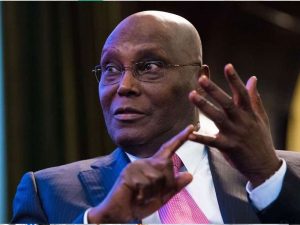
Atiku Abubakar, PDP Presidential candidate
By this decision, the tribunal made recourse to Section 151 of the Electoral Act, which says, “ Subsection (1) “An order for an inspection of a polling document or an inspection of Inspection of documents a document or any other packet in the custody of the Chief National Electoral Commissioner or any other officer of the Commission may be made by the election tribunal or the court if it is satisfied that the inspection is required for the purpose of instituting, maintaining or defending an election petition.
Subsection(2) “A document other than a document referred to in subsection (1) of this section relating to an election and which is retained by the Chief National Electoral Commissioner or any other officer of the Commission in accordance with this section shall be open for inspection on an order made by the Election Tribunal or a Court in exercise of its powers to compel the production of documents in legal proceedings, but shall not otherwise be open for inspection.”
This section says the election materials must be made available for inspection, but it does not expressly permit their reproduction through scanning or photocopying of any sort. However, if Atiku’s rejection of the outcome of the election is based of suspected fraud, over-voting, ballot box stuffing, in which case, there could be multiple finger prints on ballot papers, then a forensic examination of the electoral documents will be necessary for the following reasons.
1. Forensic examination of documents is a deliberate attempt to examine disputed documents to determine how they differ from original or authentic documents. In the case of this election, there were allegations that some ballot papers not issued by INEC had been in circulation before the elections. If Atiku is suspecting ballot box stuffing, it may be necessary to find out if some of the ballot papers were fake, or may not have been issued by INEC.
2. In such a situation, there will be differences in, say, logos, typefaces, the character of the machines used, etc.
3. If the result sheets have been altered, a forensic examination will provide insight into how the alterations took place. For instance, are the handwritings on the result sheets the same? Is it the handwriting of the assigned Electoral Officer that we find on the result sheets or those of other persons who may have altered the results? How many handwriting are on the result sheets and who owns them? What are the implications of such multiple writings?
4. How many persons were accredited for election at the polling units? Do the numbers tally with the thumb printed ballot papers?
5. Do the fingerprints correspond with those accredited with the use of card readers?
6. Are the serial numbers of the documents correct?
7. What quality of stamps and/or inks appeared on the ballot papers and result sheets, compared with the ones originally approved by INEC? Why the differences, if any?
As ballot box stuffing has become a recurring dispute in Nigeria’s elections, it is becoming increasingly expedient to do forensic examination of electoral documents. Those who push back this idea know that as soon as forensic science is introduced to criminal investigation in Nigeria, electoral fraud would be reduced. The National Assembly should see this as a crucial challenge. Without forensic examination of document in electoral disputes, lawyers and judges may decide cases even if they are not convinced about the quality of evidence on which bases they took their decision.
The Insight Report
Nigeria Coverage

